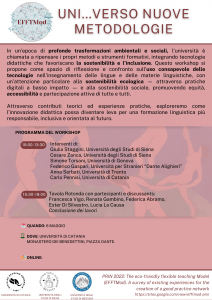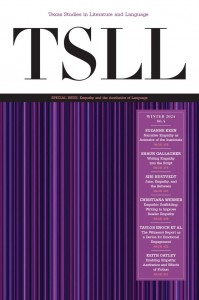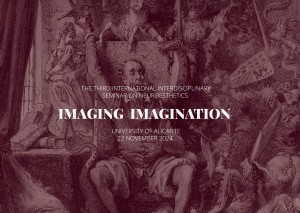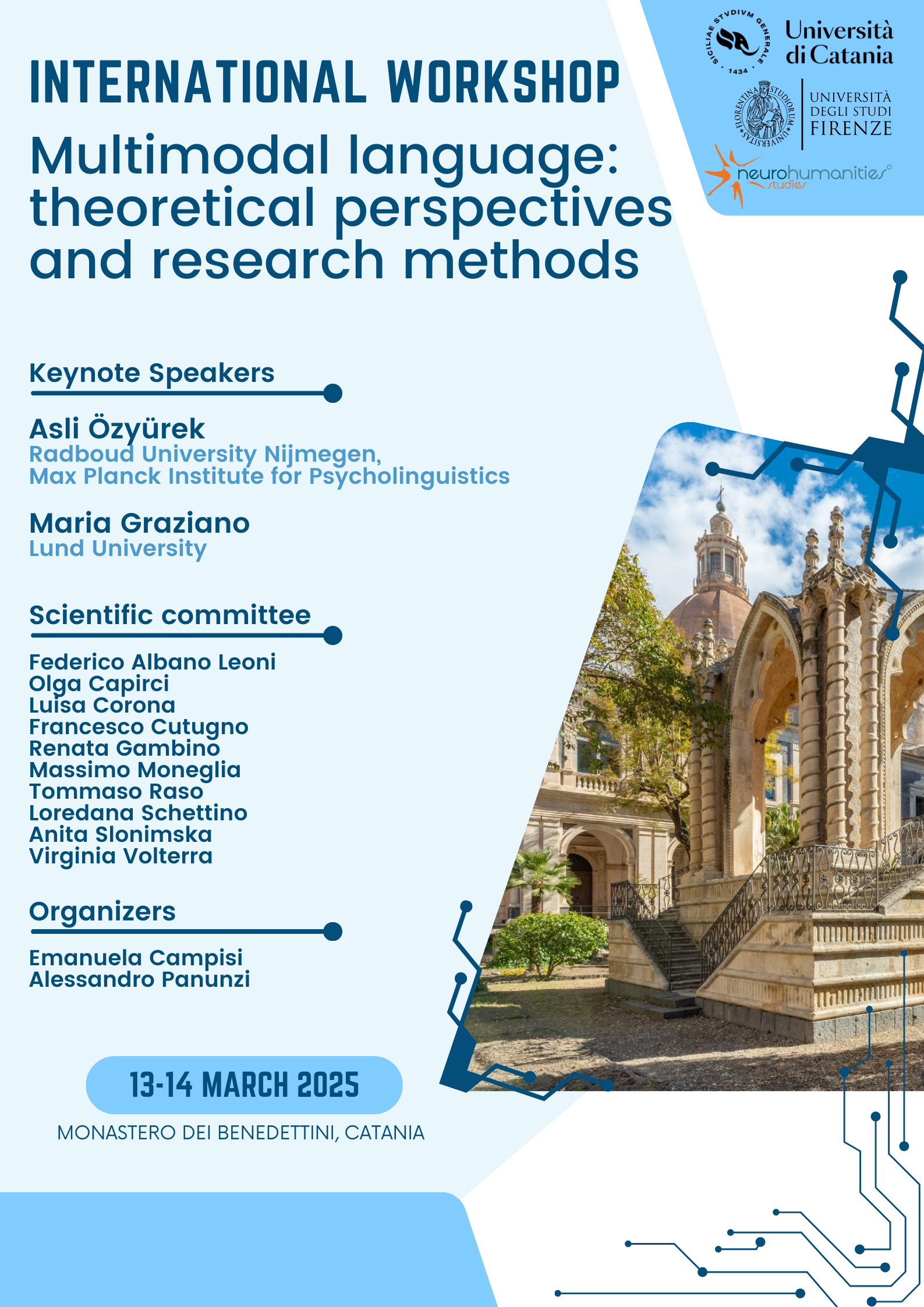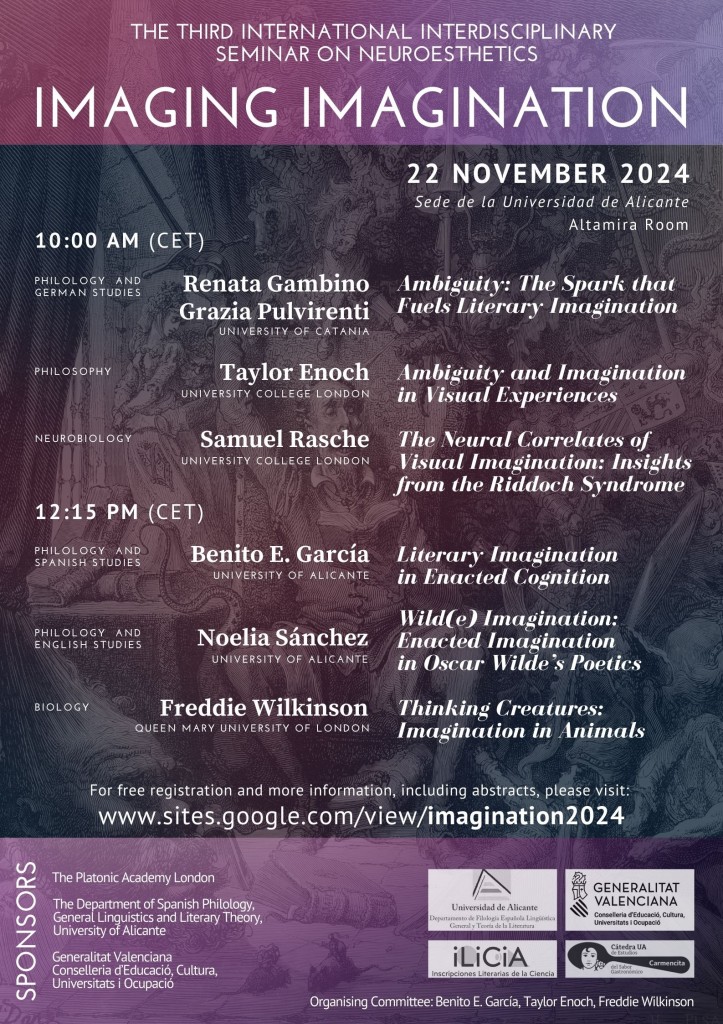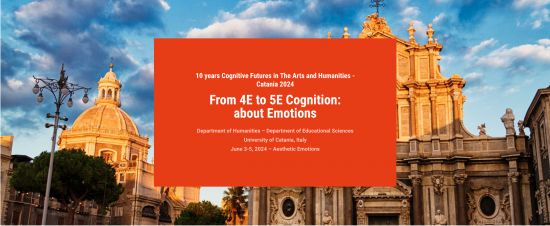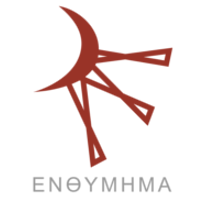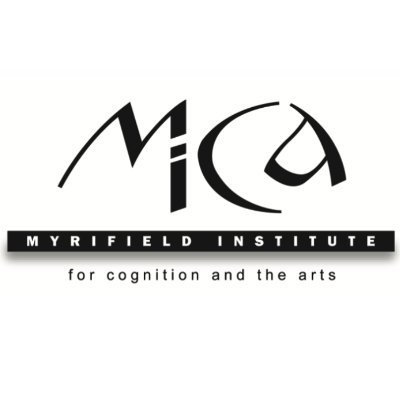
Last paper:
Grazia Pulvirenti, Renata Gambino, Neurohermeneutics. A Transdisciplinary Approach to Literature
- Peer review
- Submit a paper
- Suggest a paper
- Contact us
- Partner program
PRIN EFFTMod Workshop in Catania
Exploring Innovation in Language Education: Sustainability, Inclusion, and Technology
In a time of profound environmental and social transformation, universities are called upon to rethink their teaching methods and tools. The workshop “UNI…verso nuove metodologie” aims to foster a space for reflection and dialogue on the conscious use of technology in language and linguistics education, with a special focus on ecological sustainability, social inclusion, and digital accessibility.
Through theoretical insights and practical experiences, this event explores how educational innovation can serve as a lever for more inclusive, responsible, and future-oriented language training.
Date: May 6
Venue: University of Catania – Monastero dei Benedettini, Piazza Dante
Hybrid format: Online participation will be soon available
This initiative is part of the PRIN 2022 project: The eco-friendly flexible teaching Model (EFFTMod), which surveys existing practices to build a network of good teaching practices.
More information: https://sites.google.com/view/efftmod-prin
Next Cognitive Futures in The Arts and Humanities 2025
Cognitive Tools in Action
Messina (Italy) 2025 – 28-30 May 2025
The conference “Cognitive Tools in Action” aims to explore the diverse ways in which cognition is both shaped by tools and manifests itself as a dynamic interplay of strategies and embodied actions.
The term “cognitive tools” encompasses both external instruments (e.g., artworks, technologies, artifacts, and media) that modulate cognitive processes, and internal strategies (e.g., metaphor) employed in cognitive processing. By emphasizing “in action”, we seek to foreground the deeply embodied, sensorimotor, and interactive nature of cognition.
This conference invites scholars from a range of disciplines (including but not limited to anthropology, arts, literature, neuroscience, performance studies, philosophy, psychology), to reflect on the reciprocal relationship between cognitive tools and the environments, bodies, and contexts in which they operate.
For more information please visit the website: https://cognitive-futures.com/
“Empathy and the Aesthetics of Language”
We are pleased to announce the publication of the first special issue of the TSLL, “Empathy and the Aesthetics of Language” with the contribution of Renata Gambino, Grazia Pulvirenti, Samuel Rashe and Taylor Enoch.
https://utpress.utexas.edu/journals/texas-studies-in-literature-and-language/
Link to the IISN 2024
CFP: International workshop Multimodal language
Call for Papers: International workshop
Multimodal language: theoretical perspectives and research methods
Catania, 13-14 March
The investigation of linguistic communication in natural contexts cannot ignore that human language is an inherently multimodal system. Indeed, the interaction between the vocal and the other bodily modalities is articulated within closely cooperating semiotic subsystems, dynamically completing each other into a coherent message (McNeill 1992; Kendon 2014; Capirci et al. 2022). Within a perspective that sees language as a form of cooperative action, the vocal and the gestural components – along with gaze and facial expressions – coordinate in a clearly interdependent way. This happens both at the level of expression and at the level of content, with the different modalities interacting on the semantic, syntactic, and pragmatic level (see McNeill 1992, Kendon 2004, Loehr 2012, Volterra et al. 2017, among many others).
Differently from the first generation of scholars in multimodality, whose first and essential need was to build terminologies and methods of analysis that could highlights the specifics of each modality, the foremost theoretical challenge in contemporary research is to explore theories and methodologies that could describe how these modalities interact in forming organized structures (Trujillo & Holler 2023). This requires, obviously, new categories and new descriptions, together with a move away from mere quantifications of occurrences towards other variables. It therefore becomes necessary to give greater consideration to the qualitative aspects of each component and the way in which they are deployed in the flow of discourse.
A growing number of scholars in linguistics, psychology and
New book: Mind the Text! Neurohermeneutics for Suspicious Readers
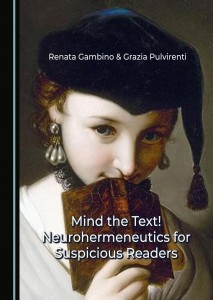 by Renata Gambino & Grazia Pulvirenti, Cambridge Scholars Publishing, 2024
by Renata Gambino & Grazia Pulvirenti, Cambridge Scholars Publishing, 2024
At the convergence of human studies, biocultural and neuroscientific research, this book offers unprecedented insights into the interpretation of literary texts. It presents the neurohermeneutics of suspicion—a bold, innovative approach illuminating the intricate bond between literature and the human mind. Embracing ambiguity as a hallmark of literature, readers are encouraged to adopt a suspicious stance to unearth the complex, multilayered and dynamic nature of literary texts, thereby fully engaging their imagination and their embodied, emotional and imaginative faculties. Our exploration navigates the crossroads of language, thought, culture, and biology, delving into hidden layers of meaning within literary texts. This transformative exploration not only redefines literary scholarship but also offers lay readers a dynamic, immersive reading experience. Ultimately, this book aims to ignite curiosity, suspense, and surprise, transforming the act of reading into a creative and engaging journey through the depths of the human mind and aesthetic experiences.
Info about the Book
In memory of prof. Giancarlo Magnano San Lio
«Un uomo perbene. Tormentato, curioso.
Che ha voluto vivere in proprio, conoscendo le miserie dell’Umanità,
ha scelto di amarne la poesia e l’incanto.»
***
«A respectable man. Tormented, curious.
Who wanted to live on his own. Knowing the miseries of Humanity,
he chose to love its poetry and enchantment»
ENID Teach – NOOC Collaborative and Research Methodology
15th September – 15th November 2024
The NewHums Research Centre kindly invites everyone to join the 4th and last edition of
NOOC Collaborative and Research Methodology
What is this NOOC
This course (NOOC) is part of the training proposal by the project Erasmus+, “European network in D-flexible teaching (ENID-Teach)”, PROJECT NUMBER – 2021-1-ES01-KA220-HED-000027551, KA220-HED – Cooperation partnerships in higher education, coordinated by UNED – Spain. The main goal of the project is to provide digital training to university lecturers about specific teaching and research methodologies, which can be used and improved introducing digital tools and environments.
This course, produced by University of Catania, introduces participants to the Collaborative and Research Methodology and how digital tools can improve the teaching practice. The course will present the theory of collaborative teaching and research as based on three main theoretical pillars: constructivism, distributed cognition and computer supported collaborative learning. It will also introduce some digital tools to be used to enrich the teaching practice.
More Info about ENID Teach
We warmly invite European educators to enhance their teaching toolkit by participating in our free training programme on “Flexible and Innovative Methodologies.“
Cognitive Futures 2024 @ University of Catania
Deadline: 15th January 2024
10 years Cognitive Futures in The Arts and Humanities
From 4E to 5E Cognition: about Emotions
June 3-5, 2024 – Aesthetic Emotions
10 years ago the series of Cognitive Future conferences started in Bangor, moved to Durham, Oxford, Stony Brook, Kent, Mainz and was held online (instead of in Osnabrück) during pandemic emergency. The war prevented its taking place in St. Petersburg. This year it took place in Warsaw; in 2024 it will be Catania – with a ten-year anniversary.The focus will be on the latest epistemic paradigm of 4E Cognition and
Project
The Neuro Humanities Studies Network aims at creating a multidisciplinary research community in order to develop and structure a linking platform for neuro-scientific, cognitive topics and humanities.
Click on each keyword to show papers related with it.


